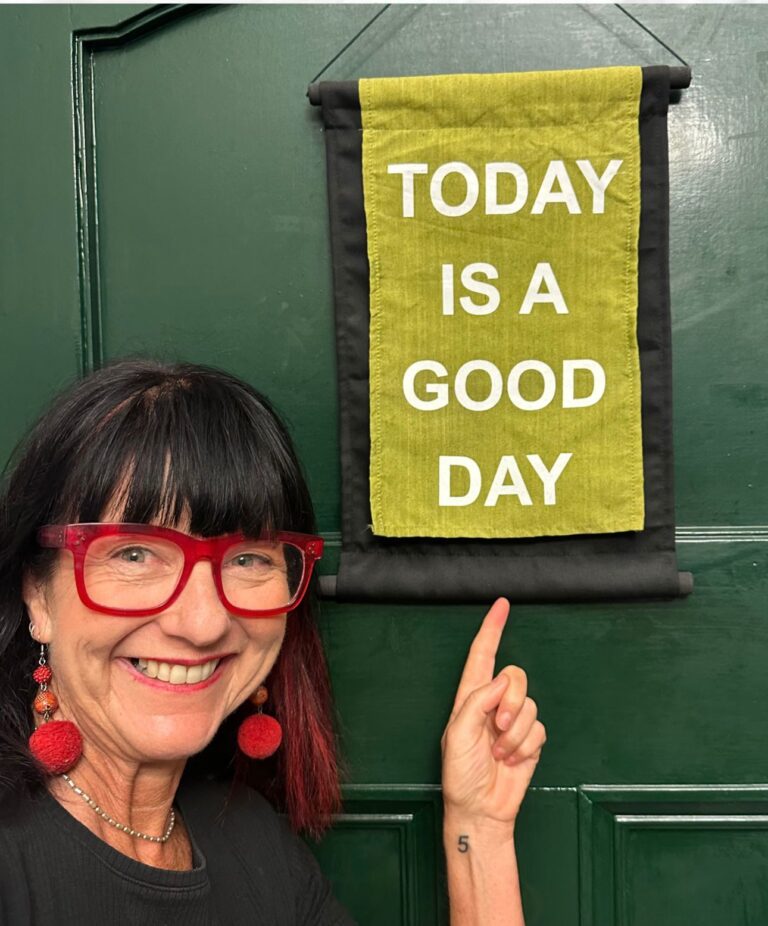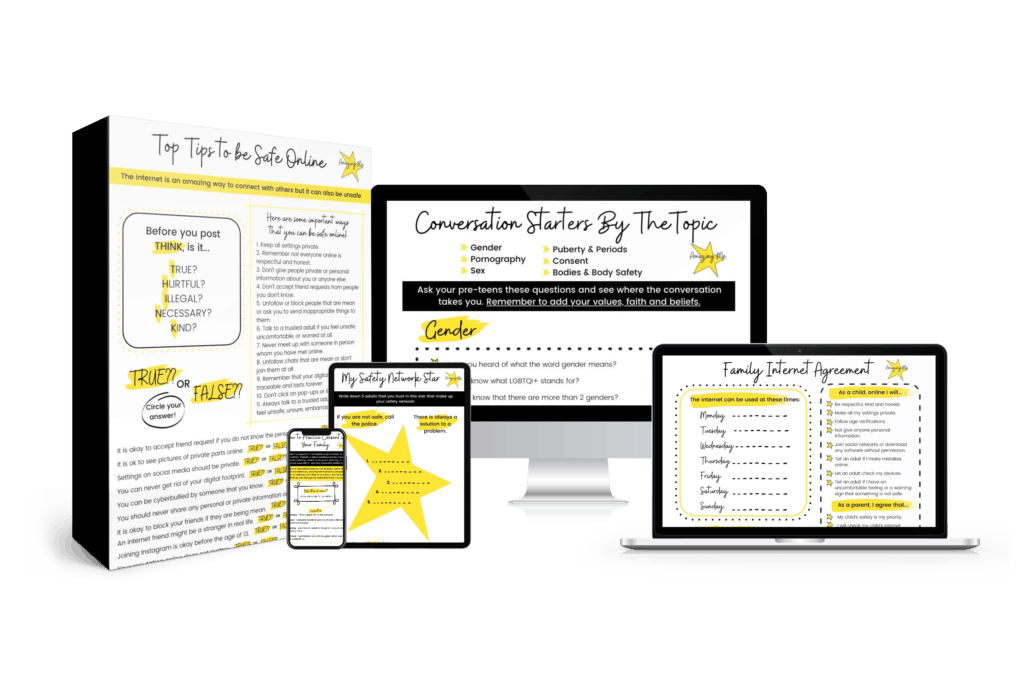Are you missing opportunities to talk with your child ?
‘They’re too young’, ‘They haven’t asked’, ‘What if I say the wrong thing?’, ‘It’s so embarrassing’, ‘My extended family doesn’t agree with me’, ‘What if they become more curious?’, ‘That’s a conversation to be had with mum/dad’ (same gender), ‘They have younger siblings and I don’t want them to know’, ‘I don’t want to destroy their innocence’, ‘I’ll leave this conversation for their teacher’.
These are some very natural and normal statements that I receive from parents about why it’s difficult to talk with their kids about most sexual health topics, and with these we often will miss important opportunities to talk with our children.
Do any of these ring a bell with you? Believe me, I get it! I still find it tough sometimes and I talk about this stuff every day.
Let’s debunk some of those statements.
‘They’re too young’ ‘They haven’t asked’
We are born a sexual-beings, it doesn’t just start when we hit puberty. Learning about sex is not just learning about making babies. Starting conversations when a child is young openly, honestly, age appropriately and accurately is important.
Even if your child has not asked any questions this does not mean that they’re not interested or that they don’t need to know.
‘What if I say the wrong thing?’ ‘It’s so embarrassing’
Wouldn’t you agree that children often tune out if they are lectured or receive too much information. As the saying goes it’s not always what you say but how you say it. You can always backtrack and start again. Remember it’s not one talk but many.
Tell your child that you don’t really know what to say and that you’re feeling embarrassed if you are. You can always find out the answers and get back to your child if you don’t know. Being vulnerable is important and feeling embarrassed is a normal feeling especially if you didn’t grow up in a family that spoke openly about sex.
‘My extended family doesn’t agree with me’
This is sometimes very difficult because families often have a lot to say and some family members think that they have a right to parent your child. It’s important to tell your child what you believe, what your values are and this might be different to your extended family.
‘What if they become more curious?’
They might become more curious and probably they will. Curiosity is normal and important. It’s the way that we learn about the world. If they know the dangers of pornography and that you want to be an askable parent then they will hopefully ask you more questions. Curiosity that comes with open conversations with a parent or care giver ultimately keeps a child more safe than letting them explore without your awareness or guidance.
‘That’s a conversation to be had with mum/dad’ (same gender)’
Conversations do not need to be gendered, in fact different perspectives are important to break down gendered stereotypes that exist in society. For example, a father can model attitudes, and teach many important things about girls and periods.
A part of being inclusive, understanding and caring, means that everyone needs to be involved. Every adult is responsible to keep our kids safe and knowledgeable not just a certain gender.
‘They have younger siblings and I don’t want them to know’
Create opportunities that will open up conversations with the child that needs to know. Conversations with our kids don’t always have to happen as a whole family. Go for a walk or have a hot chocolate with your child who needs to know. Make it a priority to spend special time with each of your children individually.
‘I don’t want to destroy their innocence’
Research tells us that the opposite is true. The earlier that you start talking about sexual health topics, the more informed, empowered and confident everyone will be, and equipped for making wiser choices in the future.
‘I’ll leave this conversation to the experts, like their teacher’
You don’t always know what your child is learning at school. Teachers have differing expertise, attitudes and beliefs which influence their lessons. A specific lesson at school might not include what you want your child to know or reflect your values and beliefs. The school also has many subjects to cover and they can’t possibly give your child information about everything.

Final words
I could write about many more statements that parents tell me like ‘That’s a conversation for puberty’, ‘I don’t know what to say’, ‘I don’t want to say too much or too little’, ‘I don’t want them to tell their friends’.
Research tells us that you are placed to be your child’s biggest and most influential sex educator. There are so many more reasons why today is a good day to start conversations with your child.
More resources by Amazing Me:
- Click here to read my blog about some tips to help you have positive conversations about sex.
- Find parenting books here to help you have conversations with your children
- Click here for my course that you can do with your child about bodies and babies here.
Click here for my course that you can do with your child about puberty here




